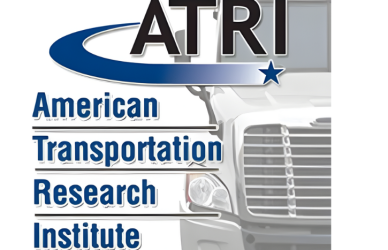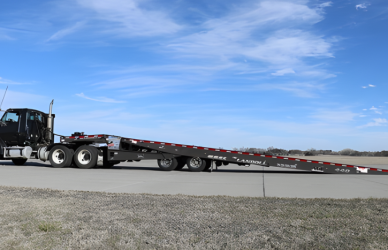The Federal Motor Carrier Safety Administration (FMCSA) is actively seeking input from the public concerning the future of its guidance documents. This initiative allows stakeholders to express their views on whether these documents should be modified or retained in their current form.
Comment Submission Window
A notice published in the Federal Register on August 13 indicates that FMCSA will provide a 30-day period for public comments following the official publication. “The Federal Motor Carrier Safety Administration will be reviewing its existing guidance documents to evaluate their continued necessity and determine whether they should be updated or eliminated,” FMCSA stated. This process invites citizens to pinpoint and share thoughts on which guidance documents could benefit from updates or rescissions.
Regulatory Review Requirement
In accordance with the Fixing America’s Surface Transportation Act of 2015, FMCSA is mandated to conduct a review of its guidance materials every five years. The goal is to ensure these documents are “consistent and clear, uniformly and consistently enforced, and still necessary.” The last review took place in 2020.
Examination of Personal Conveyance Policies
A specific focus of this review is the FMCSA’s guidance on personal conveyance. This relates to how commercial vehicles can be used for personal purposes when the driver is not on duty. The current guidance lays out the situations where drivers may log their time spent operating a commercial motor vehicle (CMV) for personal use as off-duty. This is permitted when a driver has been relieved of job responsibilities by the motor carrier, regardless of whether the vehicle is loaded.
“A driver may record time operating a (commercial motor vehicle) for personal conveyance (i.e., for personal use or reasons) as off-duty only when the driver is relieved from work and all responsibility for performing work by the motor carrier. The CMV may be used for personal conveyance even if it is laden, since the load is not being transported for the commercial benefit of the carrier at that time. Personal conveyance does not reduce a driver’s or motor carrier’s responsibility to operate a CMV safely. Motor carriers can establish personal conveyance limitations either within the scope of, or more restrictive than, this guidance, such as banning use of a CMV for personal conveyance purposes, imposing a distance limitation on personal conveyance or prohibiting personal conveyance while the CMV is laden.”
The Commercial Vehicle Safety Alliance has suggested the addition of distance or time regulations related to personal conveyance, though FMCSA has not yet adopted these recommendations. Meanwhile, the Owner-Operator Independent Drivers Association continues to support drivers’ rights to use personal conveyance when necessary.
How to Provide Your Feedback
Individuals interested in voicing their opinions can access the notice in the Federal Register, which will allow for a 30-day period to submit comments. Feedback can be submitted via Regulations.gov by referencing Docket No. FMCSA-2024-0208.
Source: Land Line











